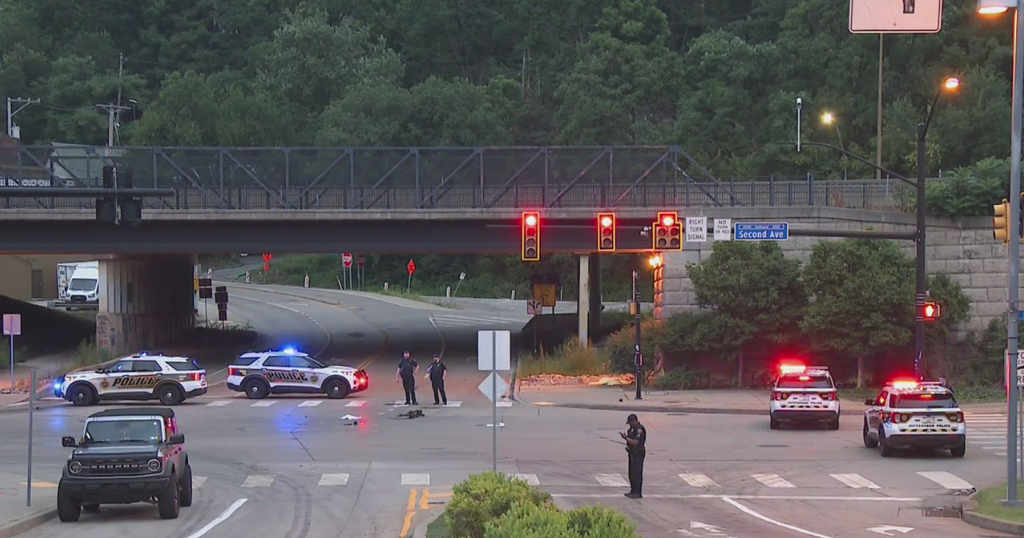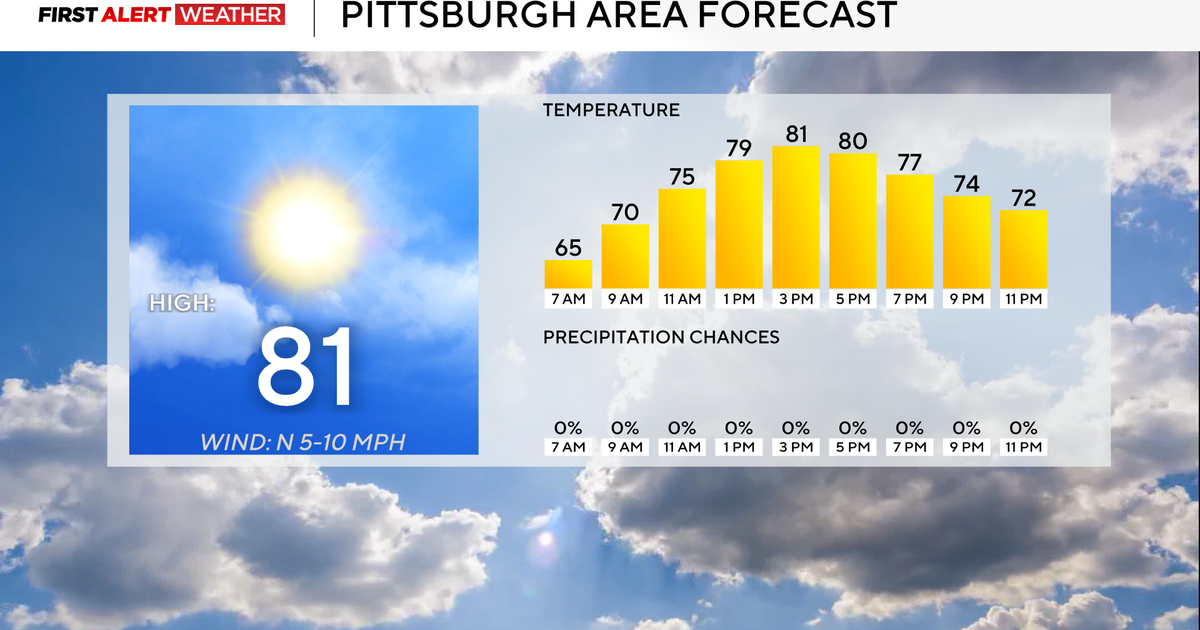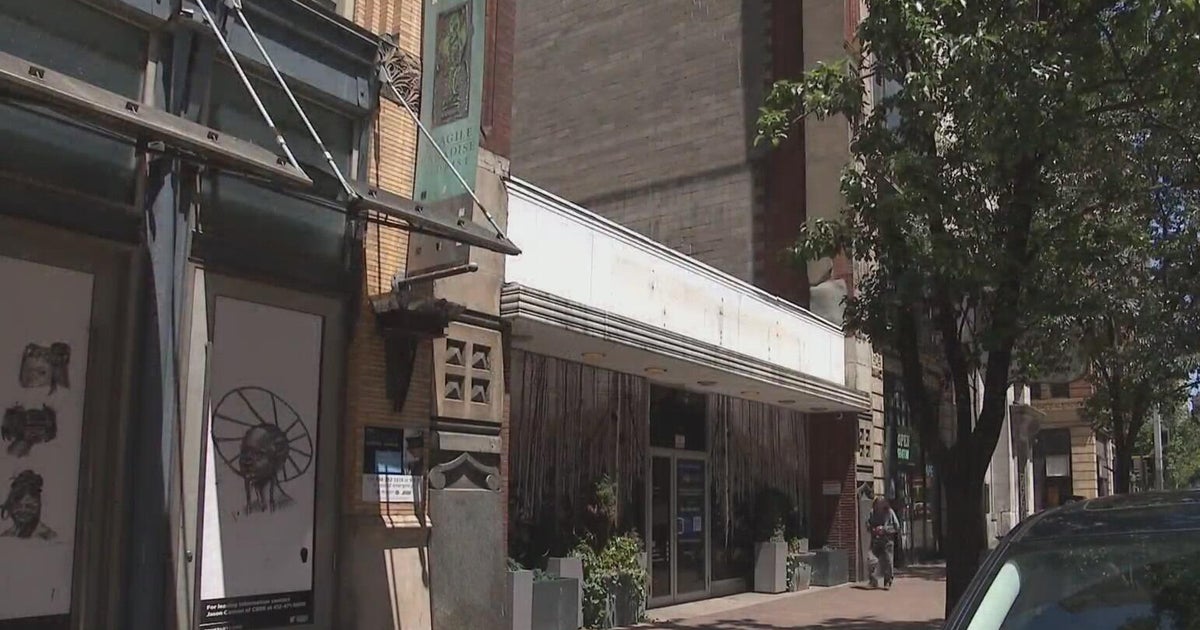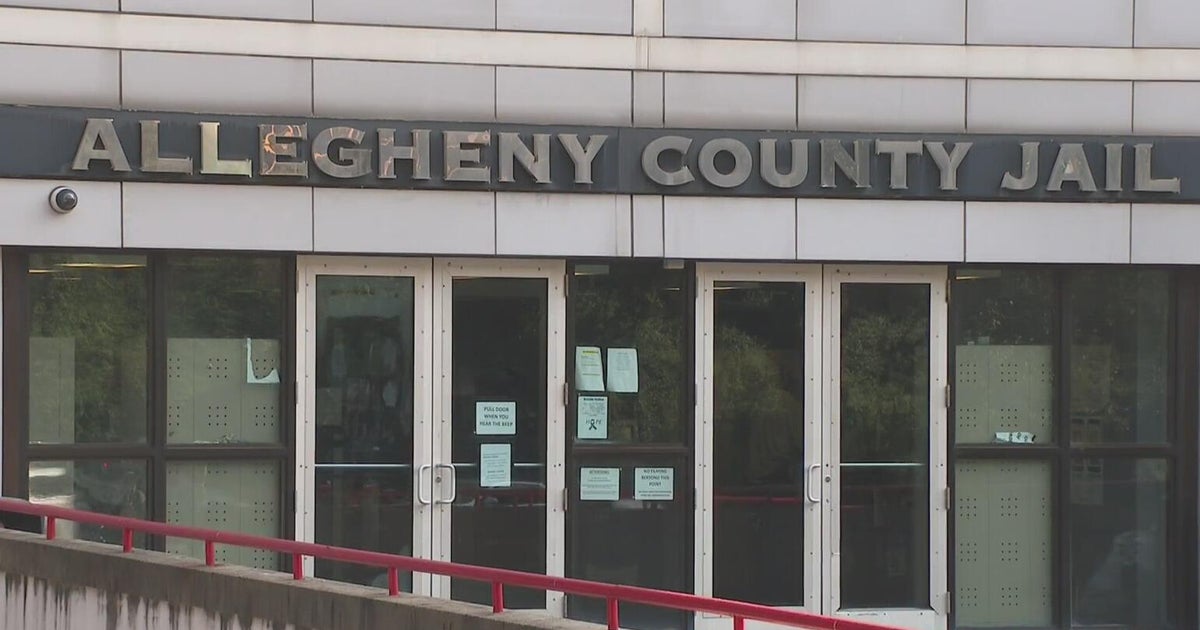Medical Experts Say There Are Lessons To Be Learned From The Coronavirus Pandemic
PITTSBURGH (KDKA) -- As the first wave passes and restrictions lift, what lessons have we learned?
"The biggest lesson was that we didn't learn from other people's mistakes," says Dr. Tariq Cheema, of AHN's Pulmonary and Critical Care Medicine. "We should have looked at some of the other countries. We didn't stock up on PPEs. We didn't get our testing up to par."
Should a second wave hit, some things could go better…
...for instance, heeding early warnings, and making those warnings happen.
"If you can do a rapid test, and confirm someone has COVID-19, there needs to be specific instructions for the people who are going to go home, and what they need to do. And maybe we should have contact tracing for those patients, as well, and follow them and see if they're actually applying social distancing. Just trusting someone to go home and stay at home is probably not good enough," says Dr. Cheema, "If you have virus circulating in a population, you may see it in the sewer system. And you may pick up early signs from that."
... also, putting the most effective public health measures in place, quickly and strategically.
"I think this time it was blunt force measure, to shut everything down, and I think it was needed. It was important to save lives. But the second time around, I don't think that's going to be possible," Dr. Cheema says. "So going forward, you kind of have to identify clusters of cases, and where there is a local surge, and try to close down those areas specifically."
Recommendations should be sensitive to high-poverty communities. Advice such as "isolate at home" or "avoid public transportation" may not be practical for everyone.
"We've got to figure out what we can do for that family, education and information wise, so we can at least improve the probability that they can social distance or physical distance within the environment that's challenging for them," says Noble Maseru, PhD, MPH, professor of public health practice and director of the Center for Health Equity at the University of Pittsburgh Graduate School of Public Health, "Let's think about having a much more equity, social justice equity lens in our decision making that's much more inclusive."
During the lull, supplies of PPE should be assessed and restocked…
… Locally…
"Most healthcare systems are planning on having a three month supply of PPE, just in case we need this again," says Dr. Cheema.
… Nationally…
"There also needs to be more federal response. There should be a federal stock pile of PPE," he continues.
… And generally.
"There should be a push for the general public to get access to masks," he adds.
Public health leaders and communicators should acknowledge gaps in knowledge to avoid losing credibility with the public.
Even if you don't have the specifics, at least, discuss the plan.
"Here's what we're going to do if something happens, one, two, and three," says Paul Furiga of WordWrite Communications. "You need to win back hearts and minds. This is a process."
"We cannot be complacent. We have to realize this virus is still out there in the community. There is still transmission," Dr. Cheema says, "I hope we don't declare victory too soon."
Still keeping an eye on coronavirus, and being careful, even as we go green.



